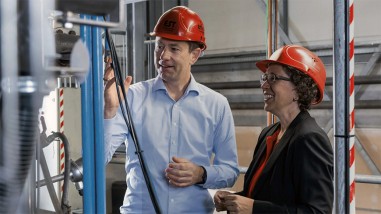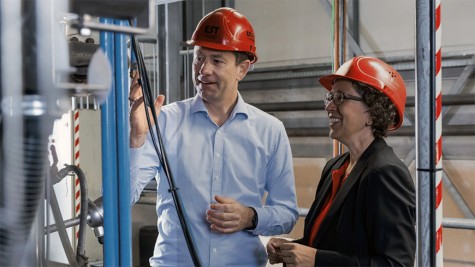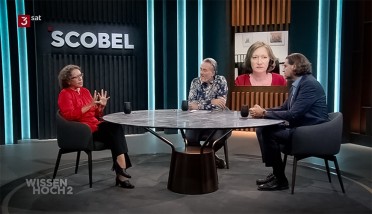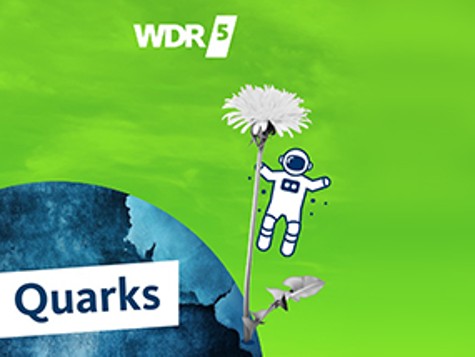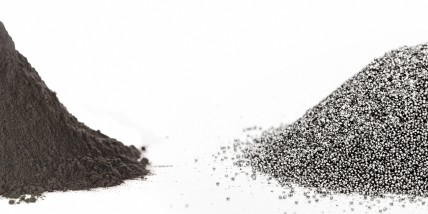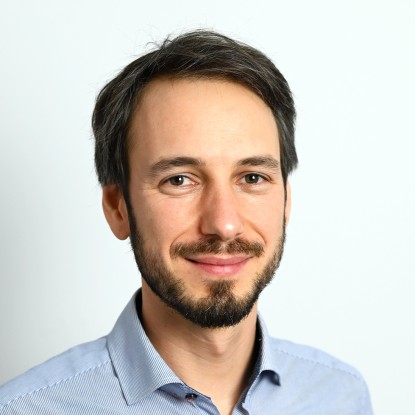Clean Circles
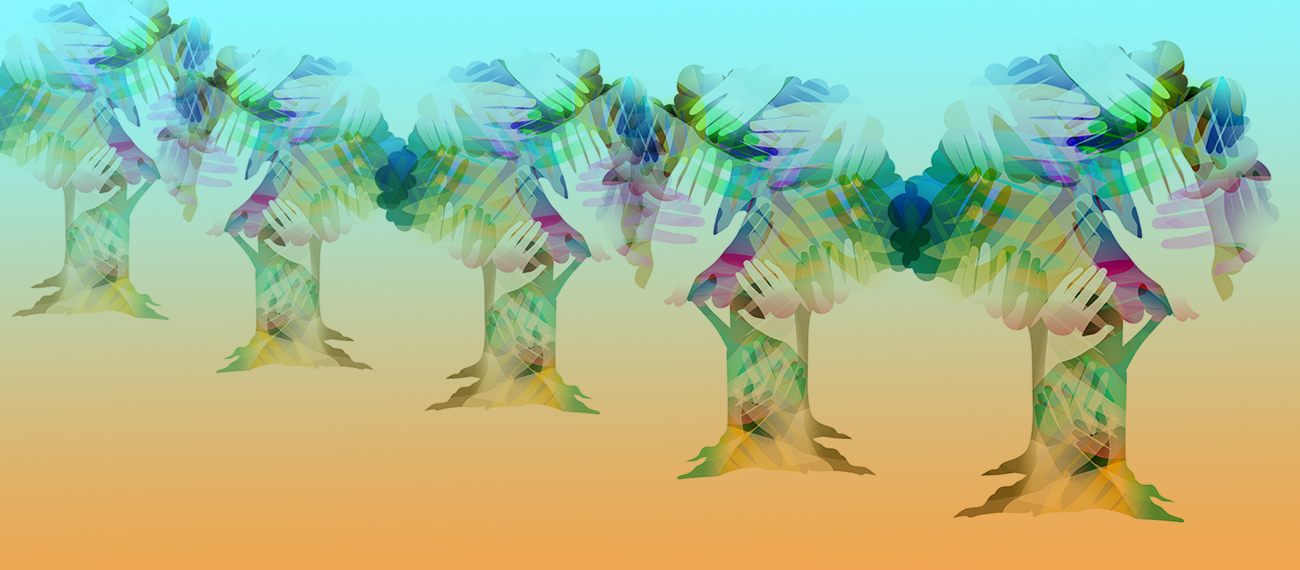
Transfer & Outreach
The ideas and results developed in Clean Circles have high transfer potential in politics, business and society. In addition, measures of science communication are jointly developed to inform a broad public about the goals, methods and results of the project.
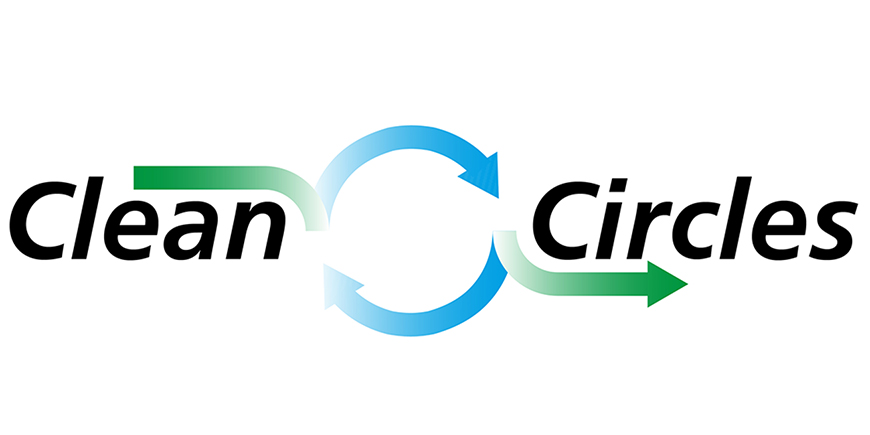
Videos
Retrofitting existing infrastructures
One aspect of the energy transformation is now coming into focus: the climate neutral retrofitting of existing infrastructures – plants that often are designed to be in operation for decades. The aim of Clean Circles is to make these plants carbon free by retrofitting them. In this video project spokesperson Christian Hasse explains how that will work.
Iron as carrier for energy from renewable sources
In a TEDx talk in September 2022, Andreas Dreizler presented the concept of Clean Circles. Andreas Dreizler has published more than 380 papers in professional journals, conference proceedings and textbooks in the field of reactive flows and diagnostics. Moreover, he is a member of national academies such as the National Academy of Science and Engineering (acatech), and is part of the Executive Committee of the International Combustion Institute.
Chemical energy carriers for the energy transition
TU Darmstadt sees research into the energy transition as a social mission. Research into the future energy systems is being carried out in numerous research groups. In addition to hydrogen, this also includes iron, whose climate-neutral oxidation and reduction enables a sustainable circular economy.




















